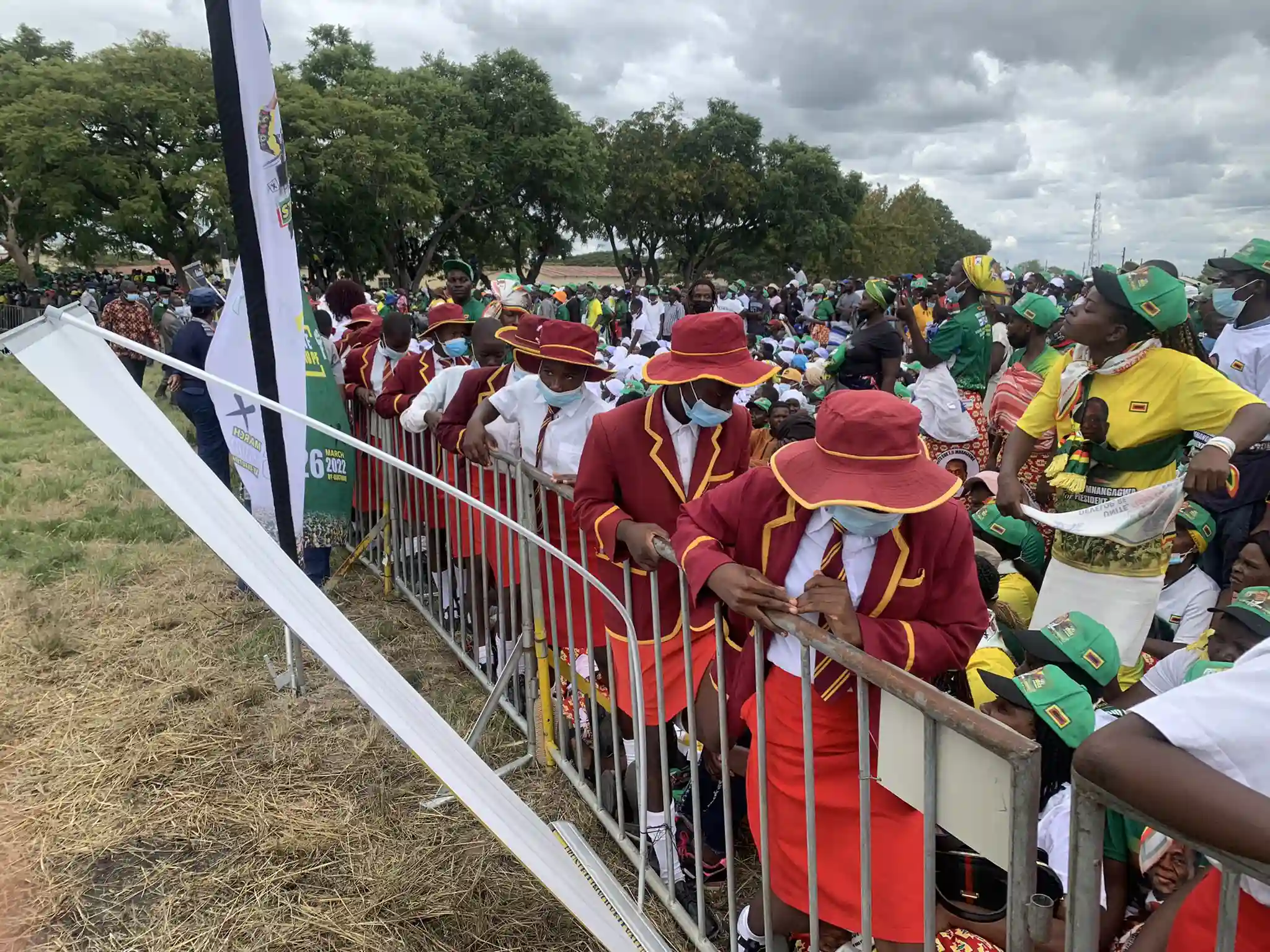Some Zimbabwean learners who are now doing Ordinary Level are still unable to read and write.
This was said by Cyprian Masocha, who is the chief director for curriculum development and technical services in the Ministry of Primary and Secondary Education, reported ZimLive.
Masocha made the revelations when he recently appeared before parliament’s portfolio committee on primary and secondary education.
He said some of the weaknesses of Zimbabwe’s education system could be cured by the Continuous Learning Assessment Activities (CALA), which is being resisted by some teachers and parents. Masocha said:
The problem that we have is that our education has not been all that efficient and effective as much as we would need.
That’s why you find that in infant education, we are now putting more emphasis on foundational skills where our learners should be able to read and write as they finish their Grade 2.
When they enter our junior education (Grade 3) they should be able to write.
Masocha conceded some learners were facing challenges with CALA because of their inability to read and write. He said:
That’s why you find parents complaining that ‘we are doing the CALA for our children’.
In most cases, it’s because those pupils are unable to read and write at Grade 6; unable to read and write at Form 3.
That’s why we have come back to you to say assist us so that we improve our curriculum to make sure that they are able to read and write.
Once they are able to read and write, the burden on us as parents doing the work for them is lessened.
He appealed to lawmakers for their support for the implementation of the competence-based curriculum.
CALA is a student continuous assessment method that was set to be implemented for the November 2021 session of the Zimbabwe School Examinations Council (ZIMSEC) examinations.
CALA includes learning activities, projects or assessment that require learners to perform, demonstrate their knowledge, understanding and proficiency.
More: Pindula News

